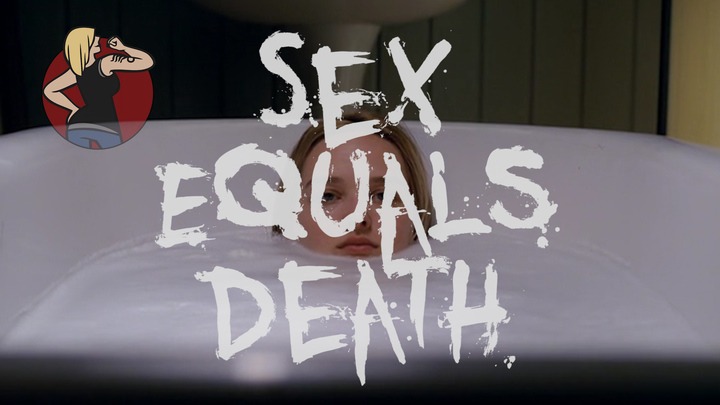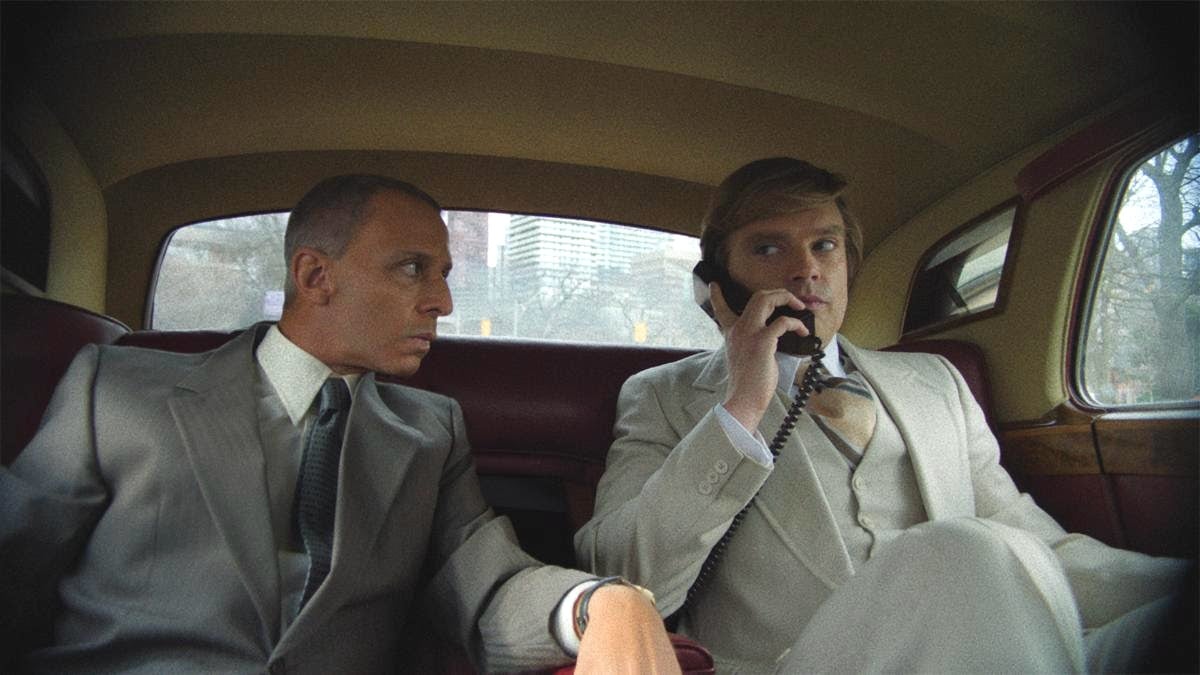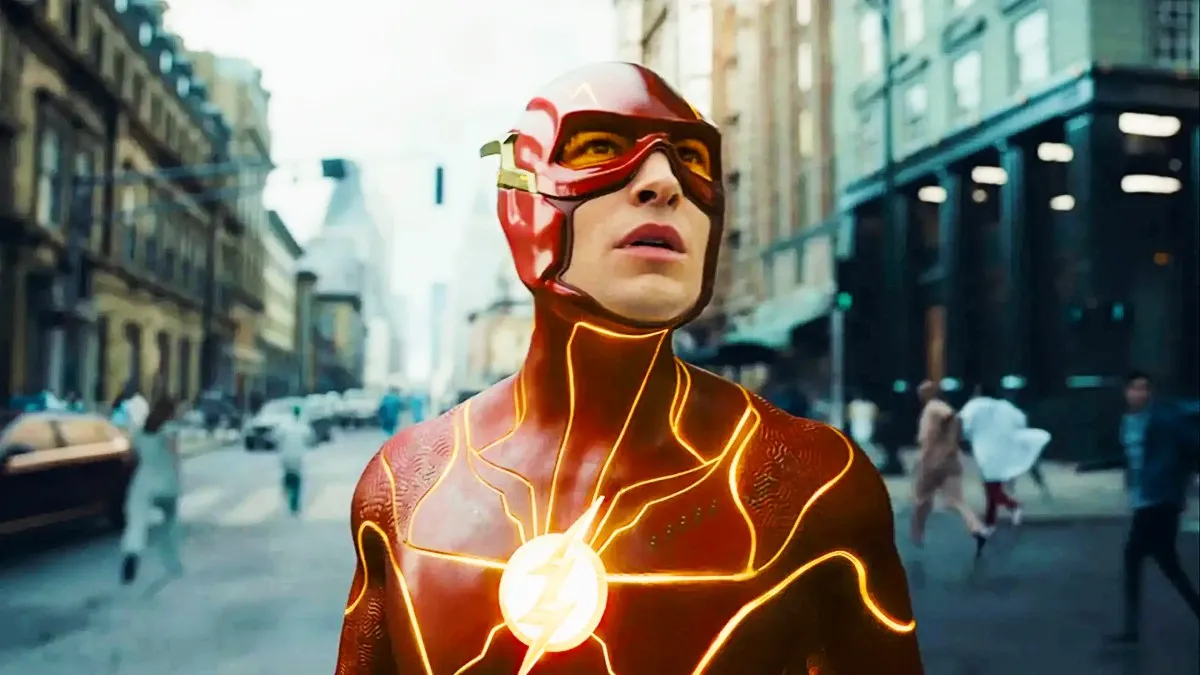[Trigger Warning: Discussion of rape.]
Last time we talked about Sex Equals Death in the figure of the final girl, and how sex is often penalized in teen slasher films. This time we’ll be looking at an even more literal Sex Equals Death, the women who use sex as one of their weapons of choice either literally, or as a promise to lure men to their deaths.
The most obvious, and probably infamous example of this is the vagina dentata, the carnivorous vagina that castrates men. It’s a myth that channels male castration anxiety, connected to a fear of emasculation. It’s meant to scare men away from raping and “strange women” who may or may not be succubi or vicious killers. However, there’s also the celebrated “hero” figure who breaks the teeth and conquers the monstrous threat.
The 2007 film Teeth centers around Dawn, a teenage abstinence spokesgirl who discovers she has teeth in her vagina that activate when various men try to assault her, removing both genitals and fingers. It’s meant to be a play on the vagina dentata myth, as no “hero” every conquers her. Gradually she learns that she can control her teeth, and begins using them on purpose. At the end, she’s left home and encounters another sleazy man, at which point she smirks at the camera, letting us know what’s going to happen next. Teeth, while infamous, is part of a larger tradition of horror stories where sexual assault is used as a narrative device. The sex-as-a-weapon and rape and revenge trope are often linked because it attempts to reverse the gendered forms of male violence as performances of masculinity, control, and subjugation.
The “rape and revenge” genre gained popularity in the 70s, when films were allowed to show more graphic violence, which led to the birth of a new level of gore in horror films that wasn’t possible before: savage cinema. Movies like I Spit on Your Grave or The Last House on the Left, which viciously portray senseless and irrational violence, emerged as a reaction to the surrounding images of violence in the Vietnam War and within the United States. Additionally, they channel male anxieties about women moving outside the domestic sphere and second-wave feminism. Dr. Jekyll and Sister Hyde, and Frankenstein Created Women took traditional stories and put dangerous women who seduced men at the center, with troubling subtext regarding transgender individuals. Death Game, recently remade with Keanu Reeves, showed a disruption of domestic life when a married man who invites women into his home and has sex with them is penalized with sexually humiliating torture. In 1979, Ridley Scott’s Alien introduced monsters like the facehugger, which many critics have interpreted as a symbol of male rape and impregnation.
These film seems more geared towards scaring men, rather than women. What makes this body horror so horrifying? Is it just physical pain because castration must hurt a ton, or a kind of fear toward a really twisted poetic justice? An undercurrent of the patriarchal oppression and prevalence of gender violence in many of these film is to blame for creating these “monstrous” and dangerous women who can be both victim and predator. You, the man, might’ve been an agent of this violence, which is why you’re being punished, but it’s also possible you’re just complicit in this larger oppressive structure. Who knows, now you’re dead like the victims of the hilarious 1989 Indonesian rip-off film Lady Terminator.
While they have their place in history, there’s a lot to be said, however, on whether or not these films are as empowering as they might strive to be. Many of these films are guilty of using violence as spectacles meant to excite or stimulate or even as a narrative device that fails to treat these traumas with the proper weight. Additionally, they do seem to promote a certain attitude towards sexually active or sexually forward women. Still, that’s not to say any predatory and sexual female character is something to automatically condemn. I think that portrayals of female vampires, as literal or symbolic predators, have transformed a lot over the years, especially in the hand of female filmmakers, but that might be the subject of a different video.
—Please make note of The Mary Sue’s general comment policy.—
Do you follow The Mary Sue on Twitter, Facebook, Tumblr, Pinterest, & Google +?









Published: Jan 8, 2016 02:39 pm